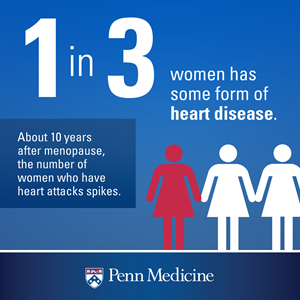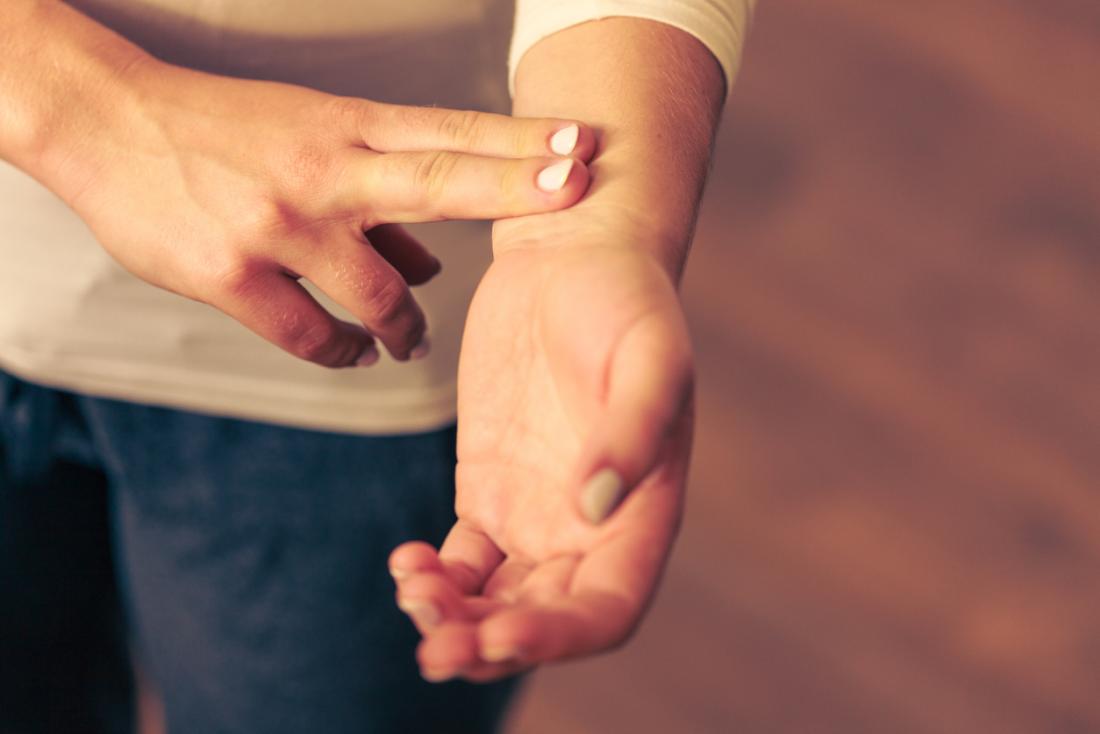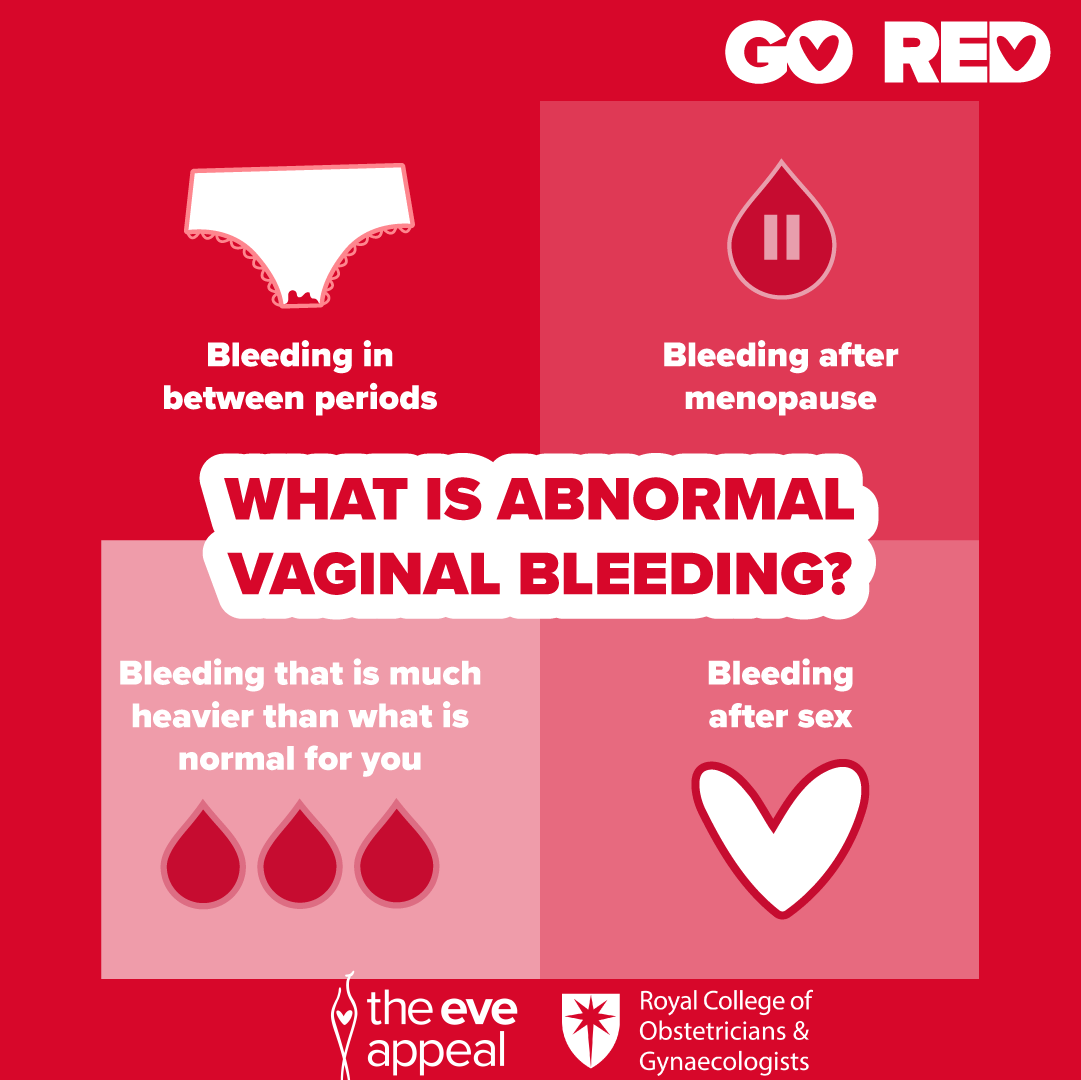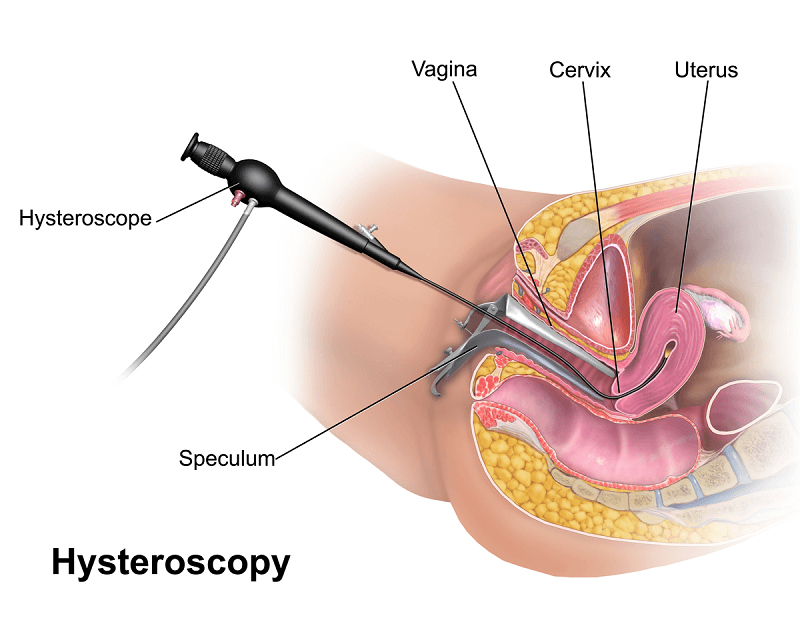The heart of the average adult women beats between 60 and 100 times a minute. Menopause can cause the metabolism to slow which contributes to weight gain.

However certain risk factors increase around the time of menopause and a high-fat diet smoking or other unhealthy habits begun earlier in life can also take a toll said Dr.

Menopause and heart rate. Common treatments include HRT and the combined contraceptive pill - you can speak to your GP about whether these are suitable for you. Keep reading to learn more about slow heart rate. However some women experience abnormalities in this heartbeat when reaching the menopause.
New research shows that the palpitations are a distressing problem for roughly 25 of women during menopause but those feelings of a pounding heart or. Nieca Goldberg a cardiologist and an American Heart Association volunteer. Early menopause and heart disease risk.
And this can put stress on your heart and increase your risk of heart disease says Dr. Palpitations are usually harmless. Ad Software and Solutions Designed For Heart Rate Monitoring Within Your ClubLearn More Now.
Early menopause and the heart If you have early menopause before the age of 40 you are at higher risk of premature coronary heart disease so treatment is very important. Heart palpitations during menopause are definitely a less well known symptom of perimenopause and postmenopause. With menopause women often report episodes of heart palpitations an irregular heartbeat or pounding pulse that may feel their heart is going to jump right out of their chest.
Menopause and Irregular Heartbeat. Menopause and heart palpitations If youre a woman going through menopause changing hormone levels can make your heart pound and flutter. An introduction to irregular heart beat and menopause.
Any abnormalities in the regular rhythm of the heart such a slow heart rate are a source of great stress and uncertainty for most menopausal women especially when they occur for the first time. Many women who experience heart palpitations during this transition phase of life may initially think the two are unrelated. Although menopause doesnt cause heart disease the risk for developing heart disease goes up with the onset of menopause according to the.
Invest In Your Gyms Future and Learn Why 6000 Gym Owners Choose The Myzone System. Arrhythmia or dysrhythmia are medically known terms for an irregular heartbeat. Resting heart rate and heart rate variability of 33 postmenopausal women were compared with those of 50 premenopausal women of comparable activity level none of whom had used hormone replacement therapy.
It is essential to maintain stable hormonal levels during menopause or find ways to adjust to the lower levels of hormones in your body. This can cause frequent palpitations and nonthreatening arrhythmias. Hot flashes and heart rate acceleration are often associated with decreased estrogen levels in a womans body during menopause.
Some women however have reported much bigger increases with their heart rates reaching up. One in 100 women experience early menopause before the. How to Reduce It During Menopause.
These heart palpitations are often accompanied by hot flashes or anxiety. Invest In Your Gyms Future and Learn Why 6000 Gym Owners Choose The Myzone System. Menopause and heart palpitations.
Menopause can cause palpitations feeling your heart beating faster than usual due to the changing hormone levels. In perimenopause and menopause the decrease in estrogen production is associated with an increase in heart rate. Menopause heart palpitations can increase heart rates by 8 to 16 beats per minute.
A normal heart rate is 60 to 100 beats per minutes. Keeping a healthy diet and exercise regularly can help reduce hot flashes. Heart rates over 100 are called tachyarrhythmias and heart rates that are slower are called bradyarrhythmias.
Heart rate was measured as the mean of at least. Ad Software and Solutions Designed For Heart Rate Monitoring Within Your ClubLearn More Now. However the underlying causes of this common condition often do not indicate serious health problems.
It is not clear in the literature which index represents this imbalance and what is their involvement with the menopausal state. An irregular heartbeat can affect women in different ways including a skipped heartbeat faster heart rates or changes in. Menopause does not cause cardiovascular diseases.
Heart Rate Variability HRV represents cardiac autonomic behavior and have been related to menopausal symptoms mainly vasomotor symptoms and their imbalance to cardiovascular risk. This can sometimes happen during hot flushes. Menopause isnt a disease.



